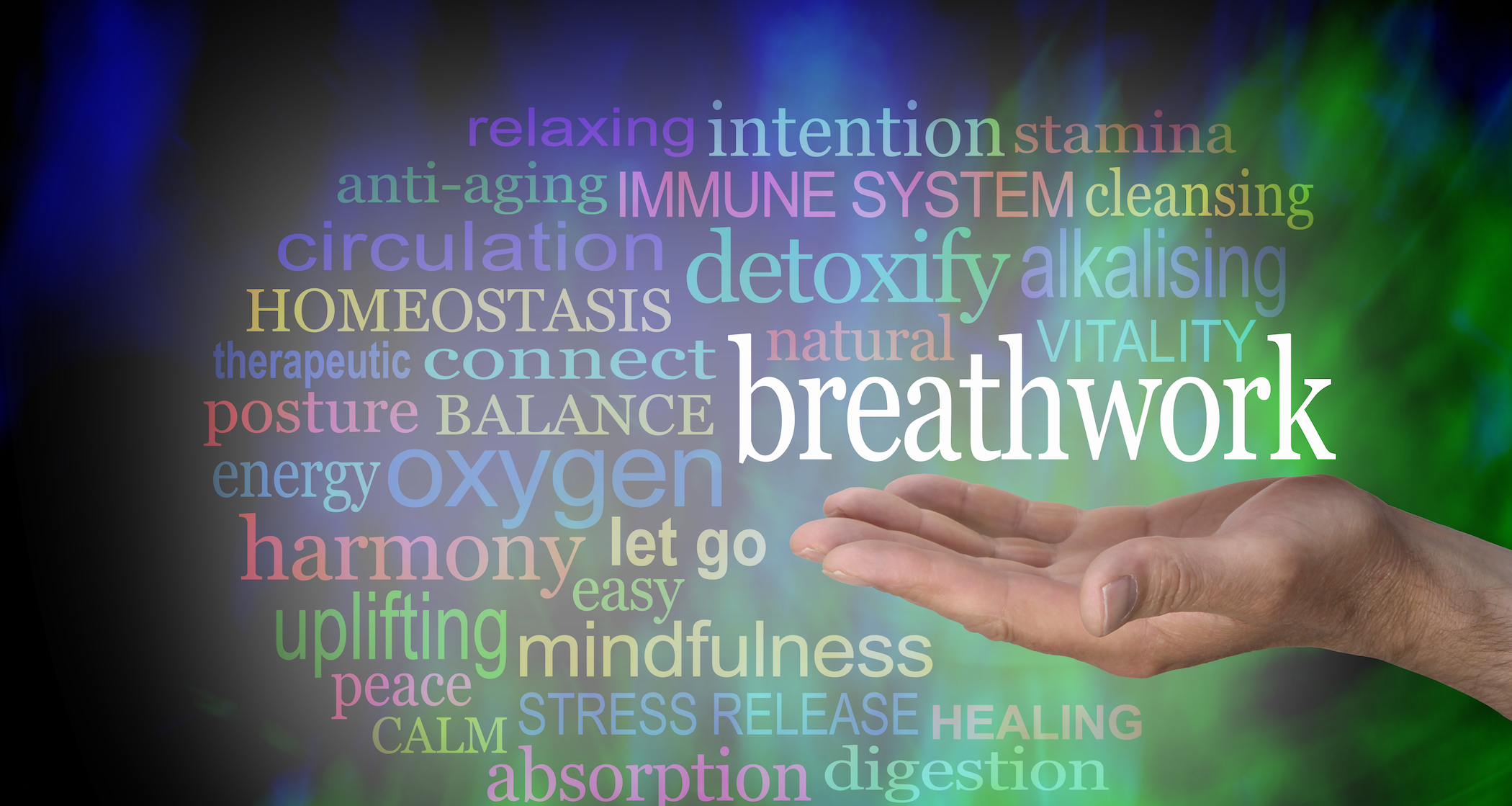Taking a few moments for focused breathing can make a world of difference when it comes to managing pain, stress, and overall well-being. At our physical therapy practice, we introduce patients who are appropriate for breathwork and make it part of our treatment approach.
A recent research study highlighted the measurable benefits that consistent daily breathing exercises can have on both mood and physiology within just 4 weeks.
The Science Supports Breathwork
The study, published in Cell Reports Medicine (Reference), randomized over 100 adults into one of four groups. Each group was instructed to practice a specific 5-minute breathing exercise every day for four weeks. The four exercises were cyclic sighing, box breathing, cyclic hyperventilation with breath retention, and mindfulness meditation. Participants completed brief surveys before and after each daily breathing session to assess changes in mood. They also wore a wrist sensor device to continuously monitor heart rate, respiration rate and other physiological metrics.
What This Research Article Tells Us
After four weeks, all groups showed decreased anxiety and negative mood from before to after each daily breathing session. However, the combined breathwork groups showed greater increases in positive mood compared to the mindfulness meditation group. Out of the three breathwork exercises, cyclic sighing – which emphasizes prolonged exhales – resulted in the greatest improvements in daily mood that continued to increase over the four weeks.
The cyclic sighing group also had the largest reduction in respiratory rate compared to mindfulness meditation. This is likely due to the longer exhales actively slowing down breathing patterns. Slower breathing has been associated with decreased anxiety and sympathetic nervous system activity. Interestingly, participants with the greatest drop in respiratory rate also had the largest increases in positive mood.
Benefits of Breathwork in Recovery
How can brief daily breathwork help in recovery from injury or surgery? First, sighing and other breathing exercises promote relaxation, which decreases muscle tension, anxiety and pain perception. Taking just 5 minutes for a focused breathing session in the morning and evening allows the body to shift out of stressed “fight or flight” mode and into the parasympathetic “rest and digest” state. This enhances the effects of physical therapy treatment.
Second, breathwork gives patients an active tool to manage their stress and pain levels at home. Our physical therapists can monitor respiratory rate as an objective measure of relaxation and progress. We can also provide customized breathing protocols based on each patient’s needs and recovery goals. For example, integrating paced exhale-focused sighing breaths with movements and stretches encourages proper muscle activation patterns.
Finally, consistent daily breathing practice supports overall mind-body wellness. It requires minimal time commitment but yields compounding benefits over weeks and months. Breathwork enhances energy, sleep and emotional resilience to stress. Patients find breathing exercises highly accessible regardless of physical limitations. We’ve seen firsthand how breathwork empowers patients and gives them a sense of control over their healing journey.
Ask About How Basic Breathwork Can Be Part Of Your Physical Therapy Treatment
If you are currently in recovery from injury, dealing with chronic pain, or want to improve your general well-being, consider adding brief daily breathing exercises. Our physical therapists can get you started with a customized program. Give us a call today to discuss how breathwork can be incorporated into your treatment plan!

